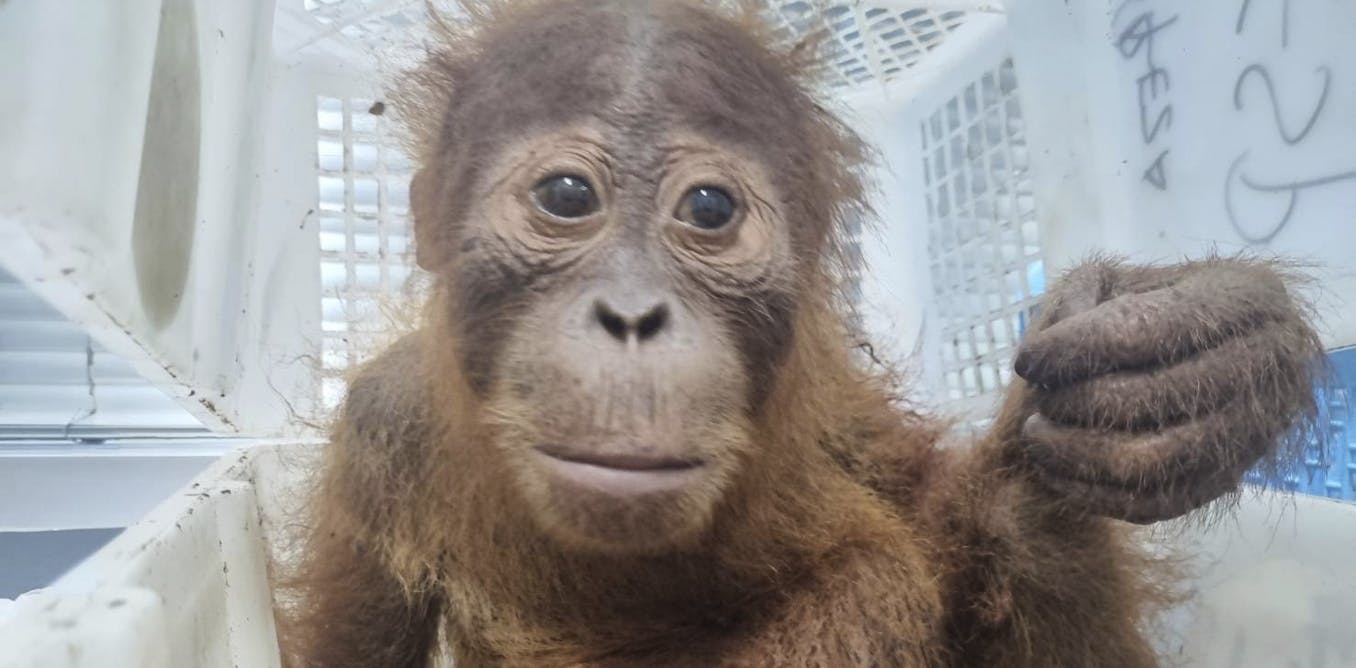I have a friend who thinks vaccines cause autism. I know you are not a health page or a science [column], but I want to know how I can try and change her mind. I have offered to show her scientific studies and shown her what all the many hundreds of experts say, but she doesn’t believe it. I don’t think she believes anything based on science.
What can I do?
– Nina, Ireland.
An interesting question, Nina, and, quite possibly, a timely one. At the heart of Nina’s question is the issue of debate: the when, why, and how of trying to change someone else’s beliefs. In the wake of a hugely contentious presidential election, many people may be wondering how to have these kinds of discussions and debates without burning the house down — no matter their own political starting point.
Let’s focus on Nina’s question, specifically in terms of vaccine science and vaccine beliefs — a topic no less charged than modern American politics. We have two people here: Nina, who believes in the scientific body of evidence, and her friend, who does not. Or at least that’s what I initially supposed. To give Nina’s question its due, I approached an expert in the philosophy of belief formation, Robin McKenna at the University of Liverpool, to get his views. McKenna highlighted an important point — this might not be a battle of “science vs. non-science” but rather a battle over what science means.
“So what does it mean to say that someone, like the person in this question, doesn’t trust science?” McKenna asks. “Perhaps [Nina’s friend] did get her views from scientists, albeit renegade ones. And it’s not hard to find renegade — or ‘heterodox’ — scientists who will tell you that this or that vaccine is dangerous.”
McKenna points out that when we say “following the science,” we actually mean following the collective body of science — what Nina calls “many hundreds of experts” — and not just the conclusions of one or two individuals.
So, I don’t think we can reduce Nina’s question to an issue of “science vs. anti-science,” but rather an issue of belief formation and belief transformation. To explore that, we’ll divide today’s column into two sections. First, we’ll ask whether Nina should try to change her friend’s belief. Second, we’ll consider how Nina might do so — if we think she should.
When to change a belief
“Imagine your friend is a really convinced believer in the Loch Ness Monster,” McKenna says. “They spend all their holidays at Loch Ness, looking for the monster. And of course, they never find it. But they’re still having a good time — it’s a nice holiday. They don’t mind the rain or the midges. It’s a lovely time. Why would you feel the need to argue with them out of their belief in the monster? They’ve got a false belief, but who cares, right? We all have all sorts of false beliefs, and they’re not doing any harm.”
The question, though, is whether Nina’s friend’s belief that vaccines cause autism is a harmless belief, like believing in Nessie, or whether it’s something different. McKenna thinks it’s different.
“But of course, sometimes you might think that it is a good idea to change someone’s mind. In this case, you might be genuinely concerned for their child’s safety. You might think, ‘Well, as their friend, I have a responsibility to convince them to get their child vaccinated.’ Or you might have a broader public health concern and think that the success of the MMR vaccine in preventing measles depends on widespread vaccination.”
In these cases, there’s a moral responsibility to intervene. You have an opportunity to prevent harm, and so you should. This responsibility — this duty, even — is multiplied by the fact that they are your friend. McKenna thinks the claim “Go out and find anti-vaxxers to convince them they’re wrong” is too strong a moral imperative. That’s not necessarily your place. But Nina has a special relationship with her friend. A friend is someone you care for. You want them to be as happy, healthy, and successful as possible. If you think a belief — such as with vaccines — compromises that, you should try to change it.
How to change a belief
Two and a half centuries ago, Immanuel Kant gave us a famous rule: “Ought implies can,” meaning that we can only be responsible for things we have the power to do or not do. In this case, we can ask: Is it possible to change someone’s beliefs? If it’s not, we could argue that Nina does not have a responsibility to persuade her friend because it’s beyond her power.
McKenna, though, believes we can change someone’s belief, albeit in a different way than one might assume. McKenna references a book by the journalist Eleanor Gordon-Smith called Stop Being Reasonable — a series of stories about people who changed their beliefs. As McKenna points out, in none of the cases was there a “one-off debate where someone presented clever arguments and the other person simply conceded, ‘You’re right.’” For Nina, rational argument and even presenting “the scientific studies of many hundreds of experts” will not be enough. Instead, as McKenna put it, Nina should “develop a closer personal relationship over a long period of time where, maybe at certain points and only when appropriate, you do something that might lead them to realize they were wrong.” Gordon-Smith’s work and McKenna’s view suggest that people only change their minds when they come to see, for themselves, that they are wrong.
This isn’t a quick or easy process. It’s not a science, and there’s no rule book. In fact, if Nina follows some kind of rule book, her friend will likely see through it right away. In those situations, it’s human nature to double down. People get defensive and entrench their beliefs. Instead, as McKenna puts it, you shouldn’t make belief change your only goal. Focus on the relationship itself, doing what you can when appropriate, and waiting for change to happen organically.
Mind your own prejudices
I’m going to break a habit in this column and say something both opinionated and a little bit tough. I think Nina comes across as slightly condescending in this question. I say this as someone who has, in the past, sounded very much like her. There’s an element of, “My friend believes things that aren’t scientific, so she’s wrong, and I believe in science, so I’m right.” As we’ve mentioned, vaccine misinformation can be harmful, and not vaccinating your child can lead to serious consequences. But there is a reason why Nina’s friend believes as she does, and McKenna rightly encourages us to consider what that reason might be.
“I mean, you know, it’s not that hard to fail to get vaccinated,” McKenna says. “Recently, I was invited for a COVID booster. I never got around to taking it because I kept forgetting. So I didn’t get that vaccination — not because I thought it wasn’t worth getting, but simply because I didn’t think about it. I wasn’t hassled enough.” The rise in anti-vax beliefs and behaviors isn’t some unfathomable anomaly among an “idiot class.” It’s a byproduct of the success of vaccines. The MMR vaccine (the one wrongly associated with autism) has been so effective that it has nearly eradicated measles. In a world where your child is no longer often at risk from life-threatening diseases like measles, it’s easier to be anti-vax or, at the very least, “can’t-be-bothered-to-vax.” As McKenna was with his COVID booster, the benefits don’t always seem worth the effort.
So, Nina, this ended up being a long one — thank you for making me think. Bringing it all together, I think we can say two things. First, you should try to change your friend’s anti-vax beliefs. The collective weight of scientific evidence tells us that such beliefs are both misinformed and potentially dangerous to the general public and her own children. And second, if you want to change her beliefs, be friends first. See things from her perspective. Step into her shoes and ask why she believes as she does. Hopefully, over time, and with enough civil, kind, and non-judgmental conversation, she might start to see things differently — for herself.
This article Everyday Philosophy: When should you try to change your friend’s beliefs? is featured on Big Think.

The post “Everyday Philosophy: When should you try to change your friend’s beliefs?” by Jonny Thomson was published on 11/15/2024 by bigthink.com





































Leave a Reply